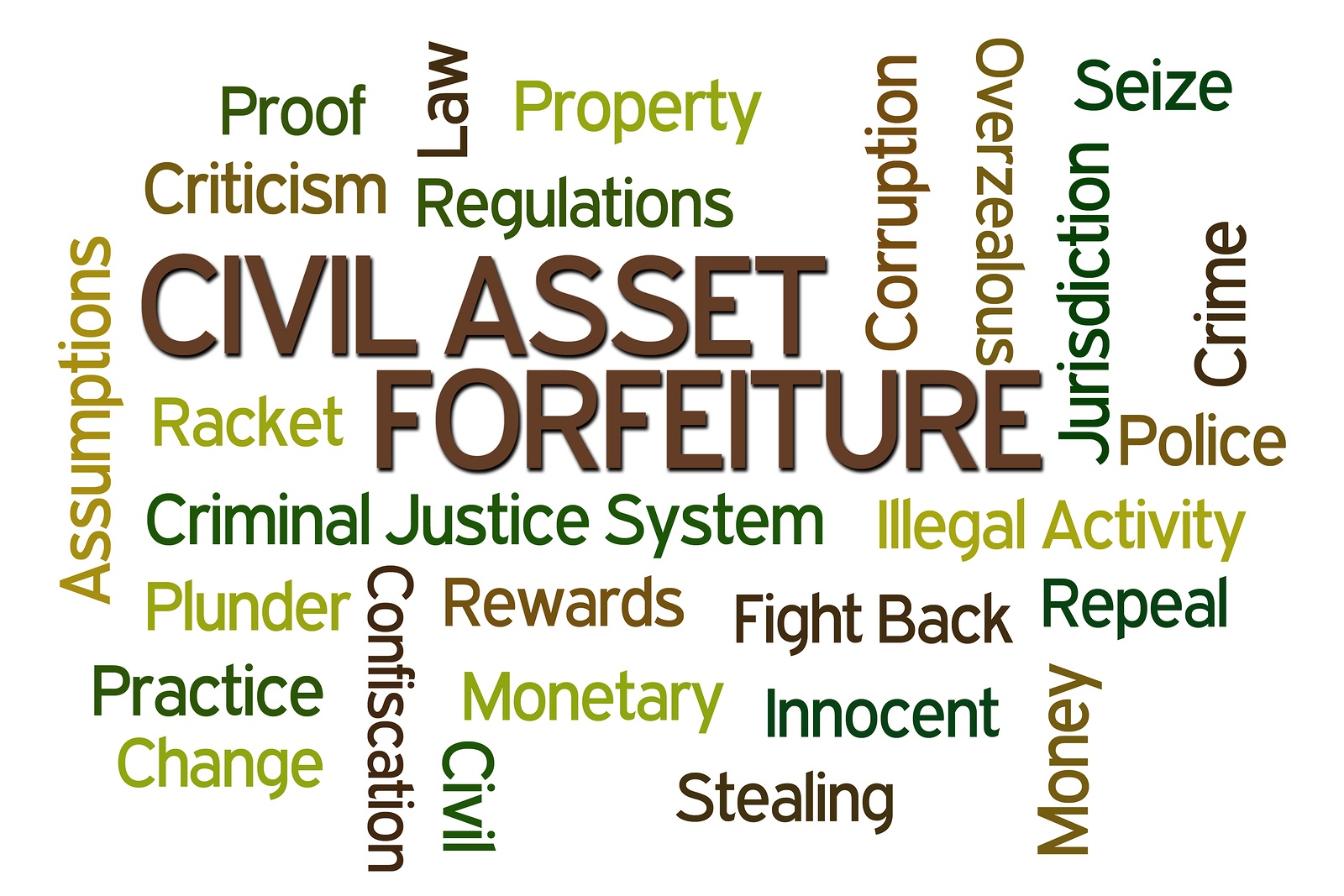On December 19, 2016, the New Jersey Assembly and Senate unanimously passed a much-needed civil forfeiture reporting bill that, if signed into law by Governor Christie, would shed light on a much-criticized practice in which law enforcement agencies reap huge profits by seizing property “connected” to criminal activity, even in cases where no one has been charged with or found guilty of a crime.
The new bill, S-2267, would require every New Jersey county prosecutor to compile and submit an annual report to the Attorney General detailing how much money or property was seized, how it was connected to an alleged crime, whether the person from whom the property was seized was represented by a lawyer in the forfeiture proceeding, and how the forfeited profits were ultimately utilized by law enforcement. Though the bill does not call for any substantive reforms to New Jersey’s forfeiture laws, it will gather valuable data about an opaque process in dire need of reform, so that legislators will be armed with the facts necessary to push through meaningful legislation that is bound to be opposed by law enforcement and prosecutorial agencies.
The use of civil forfeiture has exploded in recent years across the United States. The Institute of Justice reported that since 2001 to 2014, annual federal forfeiture revenue increased from less than $500 million to more than $5 billion. And that is just federal forfeiture revenue. New Jersey law enforcement authorities routinely request forfeiture of all the cash carried by a person upon arrest, and any items suspected of having been used in a crime or purchased with the proceeds of crime, but due to the absence of reporting laws, the precise scope of New Jersey’s civil forfeiture industry is unclear.
Civil forfeiture is based upon the premise that criminals should not profit from unlawful activity. While this may be a laudable goal, the laws governing civil forfeiture have been drafted in a way that gives law enforcement huge legal and monetary advantages over the persons whose property is seized, making it difficult and prohibitively expensive for innocent owners to defend civil forfeiture cases. At the same time, civil forfeiture laws allow the agency that conducts the seizure to reap the profits from the seizure, creating a perverse incentive to seize first, and ask questions later.
Under New Jersey civil forfeiture laws, one need not be suspected of having committed a crime to have one’s property seized. If, for example, an innocent party lends a car to a person who is arrested purchasing narcotics in that car, police can seize the car and require the owner to prove, in court, that she did not have a reason to believe the car would be used in a drug deal. Unfortunately for the innocent owner, the cost of defending the civil forfeiture suit may exceed the value of the car, and it is the owner, not the State, who bears the burden of proving her own innocence. And because civil forfeiture is civil in nature, the owner does not have a constitutionally-protected right to an attorney. In many cases, the owner will simply pay a “settlement” to get her own property back, because the cost of proving her innocence exceeds the cost of the property. In one widely-publicized case, Jersey City resident Jermaine Mitchell was allegedly charged $175 in court fees to get back $171 seized during an April arrest.
Stahl Gasiorowski Criminal Defense Lawyers aggressively defend individuals whose property has been seized under New Jersey and federal forfeiture laws. To contact us to discuss your case, call 908.301.9001 for our NJ office and 212.755.3300 for our NYC office, or email us at rstahl@stahlesq.com.




Leave A Comment